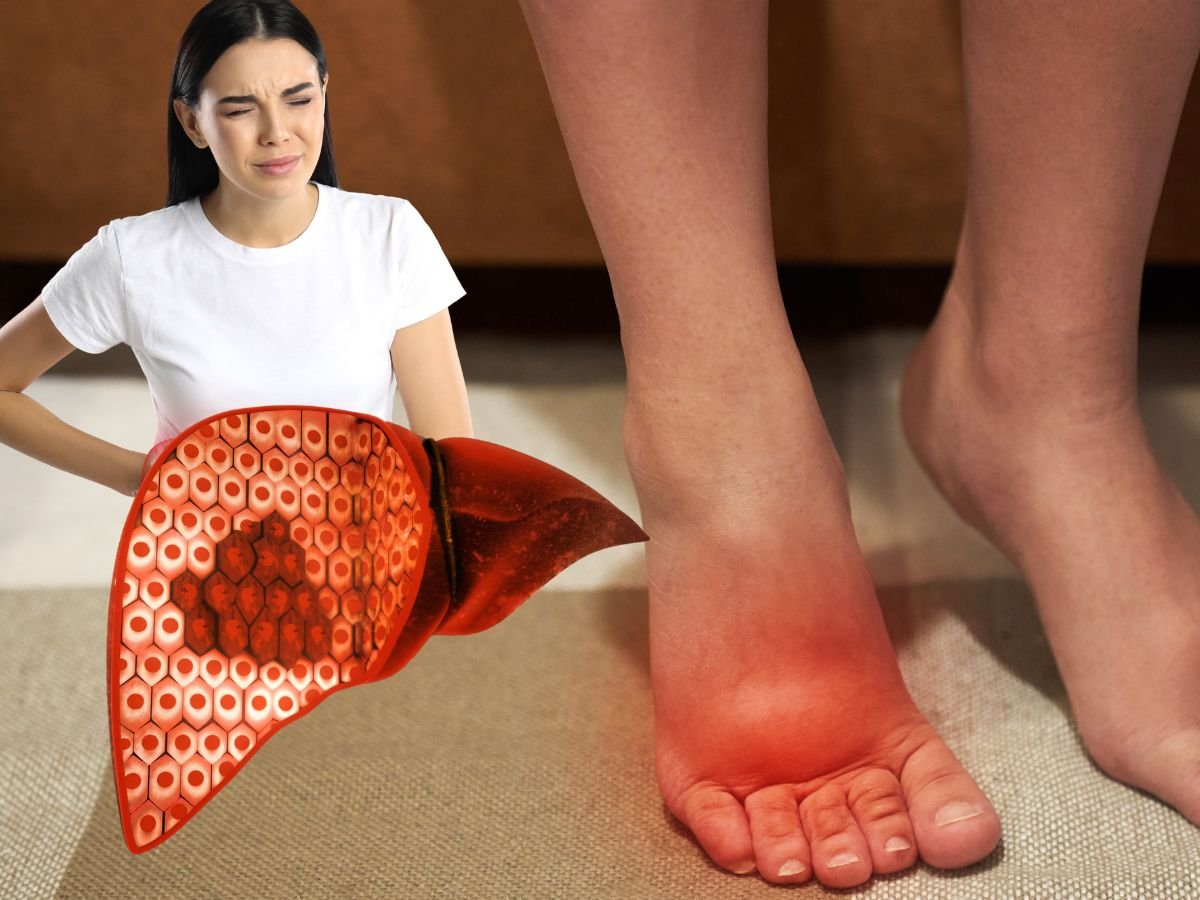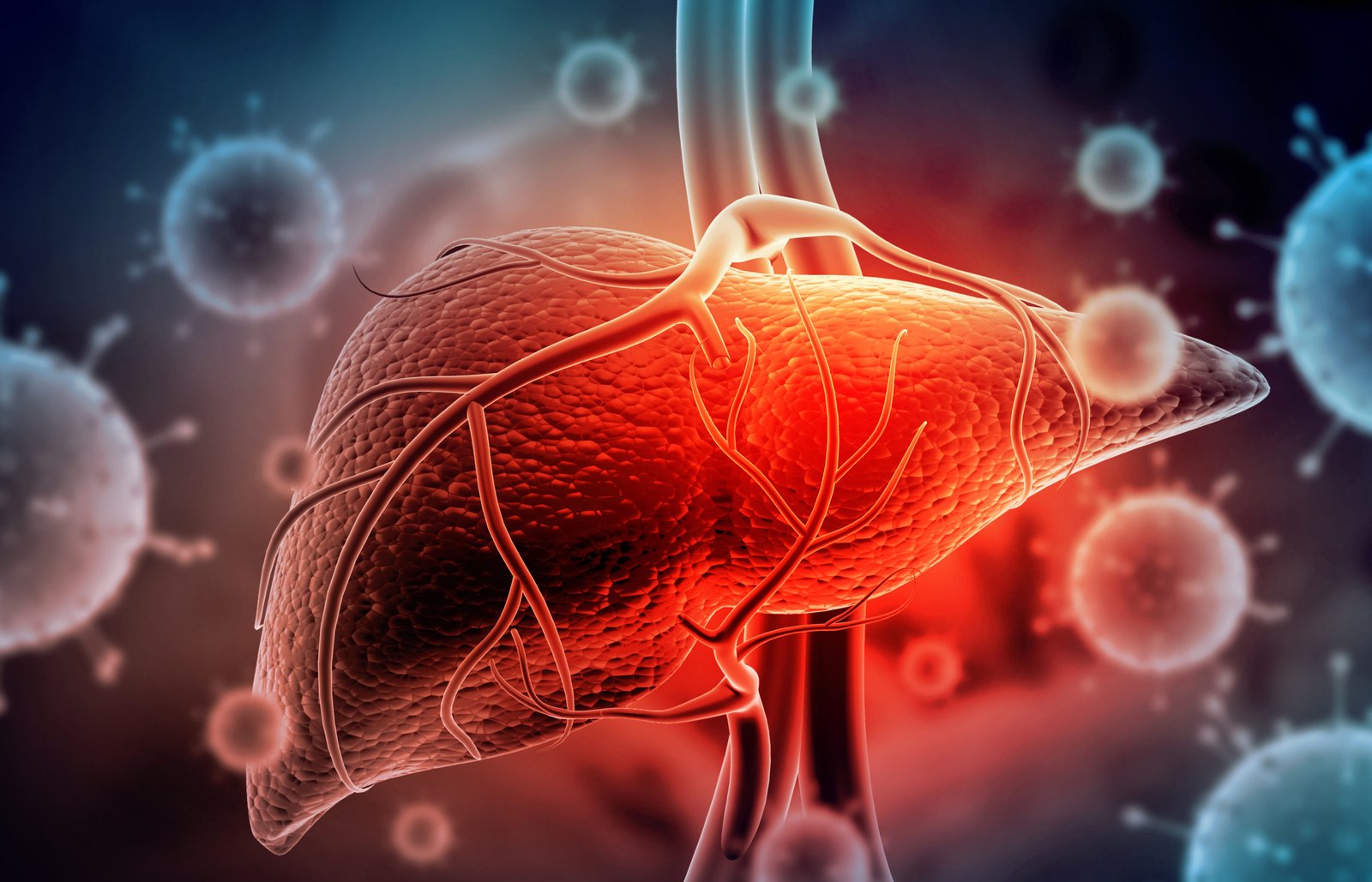Imagine if your daily caffeine fix could also be a lifesaver. Recently scientists discovered drinking 2-4 cups of coffee each day might substantially lower the chances of bowel cancer returning. This cancer, which can invade your colon or rectum, is quite common. This discovery instills new hope in those living with bowel cancer, as they’re perennially on the lookout for ways to prevent its return.
Coffee Can Reduce Your Chances of Developing Bowel Cancer
Your favorite pick-me-up, coffee, could offer more than just a burst of energy. A recent study surprises us once again with a fantastic find – regular intake of 2-4 cups of coffee a day can potentially cut down the recurrence of bowel cancer. This surprising headline has stirred a buzz, raising intrigue about coffee’s contribution to cancer prevention.
But before we get into how its all connected, lets understand this unusual type of cancer.
What Is Bowel Cancer?
Also known as colorectal cancer, bowel cancer impacts the colon or rectum. Its common status worldwide and the devastation it can cause to health and happiness are undeniable. The ample risk of recurrence after treatment adds layers of complexity for both the patient and the health sector, emphasizing the importance of prevention strategies.
What Does The Research Says?
The research that dissected the coffee consumption and bowel cancer connection used a robust scientific approach. The research team followed a large group of past bowel cancer patients and diligently observed their coffee drinking habits. The compelling outcome pointed towards a significant connection between moderate coffee absorption and lower risk of cancer reappearing, offering a beacon of hope for those grappling with this condition.
Bottom Line For Patients At High Risk of Bowel Cancer
For those diagnosed with bowel cancer or who are susceptible to its recurrence, it’s crucial to chat with your health advisor before making significant alterations to your lifestyle or diet. They can offer tailored advice reflecting your unique health situation and medical background.









